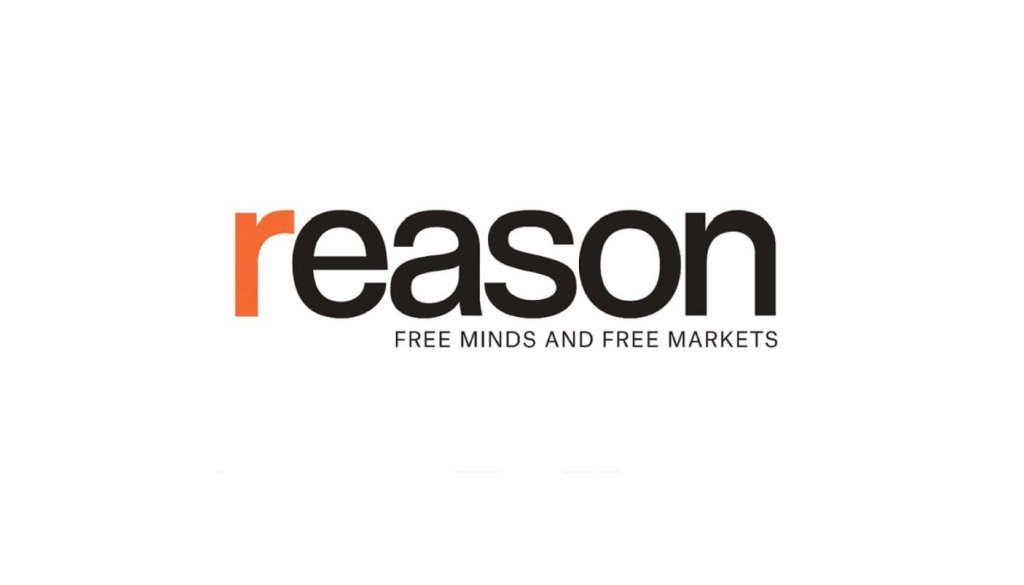FTC Pivots From Competition to Children
A Federal Trade Commission (FTC) summit last week on protecting children online previewed an odd pivot. Apparently, the agency wants to be a sort of family values advocacy group.
“This government-sponsored event was not a good-faith conversation about child safety—it was a strategy session for censorship,” said the Free Speech Coalition (FSC), a trade group for the adult industry.
What stands out most to me about last Wednesday’s event—called “The Attention Economy: How Big Tech Firms Exploit Children and Hurt Families”—is the glimpse it provided into how the FTC’s anti-tech strategy is evolving and the way Republicans seem intent on turning a bipartisan project like online child protection into a purely conservative one.
From Protecting Competition to Protecting Children
Attacking tech platforms has become a core part of the FTC’s mission over the past decade. During Donald Trump’s first term as president, these attacks tended to invoke free speech concerns.
Whether the weapon of choice was antitrust law or changes to Section 230, the justification back then usually had something to do with the ways tech platforms were moderating content and the idea that this moderation was politically biased against conservatives.
Under President Joe Biden, the FTC continued to wield antitrust law against tech companies, but now the justification was that the companies were just too big. Democrats invoked “fairness” and the idea that they were restoring competition by knocking these big businesses down a peg.
The way the FTC attacks tech companies has become a window into the larger preoccupations and priorities of different political cohorts. And these days, it’s going all in on being a conservative morality machine—in the name of protecting the children, of course.
Replace references to social media platforms and app stores with cable TV and video games—or rock music and comic books—and this workshop would have been right at home in any of the last few decades of last century. Even the old right-wing culture war stalwart Morality in Media was there, though the group now calls itself the National Center on Sexual Exploitation (NCOSE).
In fact, most of the panelists came from conservative groups. In addition to the representative from NCOSE, there were folks from the Heritage Foundation, the American Principles Project, the Family Policy Alliance, the Ethics & Public Policy Center, the Family First Technology Institute for the Institute for Family Studies, and Hillsdale College. The speakers also included several Republican politicians and some Republican FTC commissioners.
The event barely pretended to be anything other than a right-wing values summit, with panelists laying out their vision for how the FTC and Congress can work together to put conservative values into law.
“For years, protecting kids online has been touted as one of the only issues Republicans and Democrats could agree on,” notes Lauren Feiner at The Verge. But the FTC’s recent event “previewed how that conversation may take a different tone under President Donald Trump’s second term—one where anti-porn rules, conservative family values, and a push for parents’ rights take center stage.”
It Starts With Age Verification
“We have a God-given right and duty to question whether” social and technological change must be looked at with resignation and indifference, said FTC Chair Andrew N. Ferguson in his prepared keynote remarks.
Ferguson said that the FTC’s job is to protect vulnerable consumers and that this includes children. Protecting kids online will inevitably involve everyone giving up more personal information, he suggested: “We must go beyond the current legal regime, which conditions unfettered access to online services on nothing more than an unverified, self-reported birthdate.”
Going beyond self-reported age assurances means app stores, soci
Article from Reason.com

The Reason Magazine website is a go-to destination for libertarians seeking cogent analysis, investigative reporting, and thought-provoking commentary. Championing the principles of individual freedom, limited government, and free markets, the site offers a diverse range of articles, videos, and podcasts that challenge conventional wisdom and advocate for libertarian solutions. Whether you’re interested in politics, culture, or technology, Reason provides a unique lens that prioritizes liberty and rational discourse. It’s an essential resource for those who value critical thinking and nuanced debate in the pursuit of a freer society.


